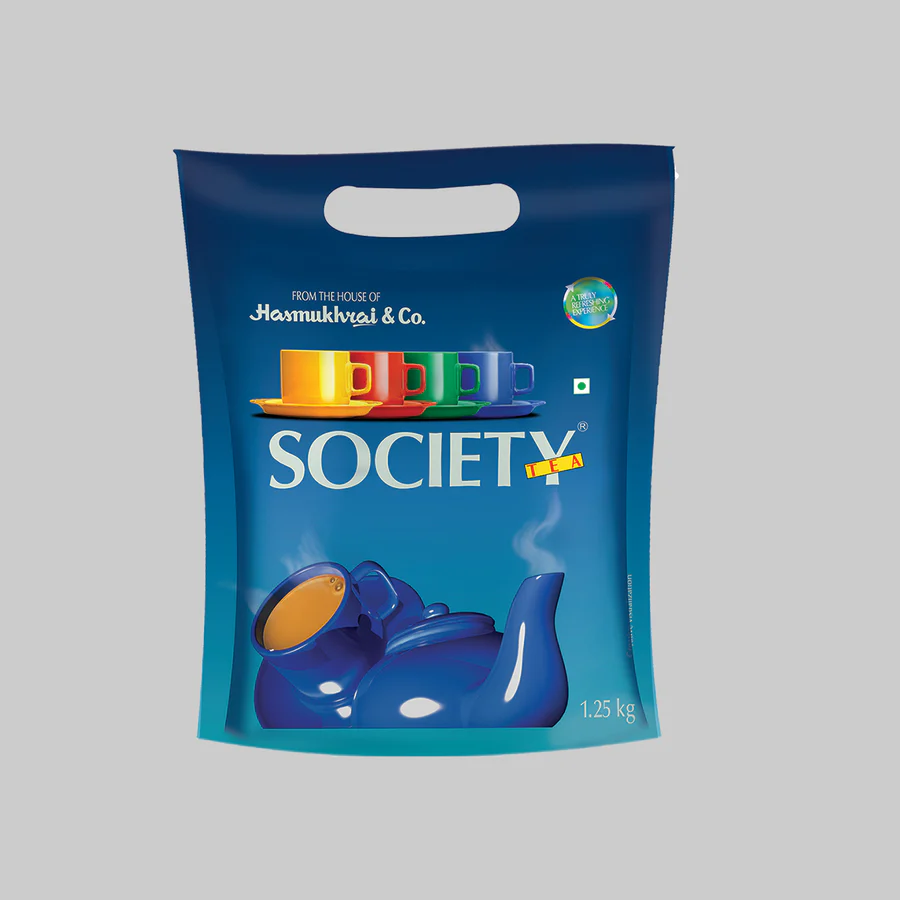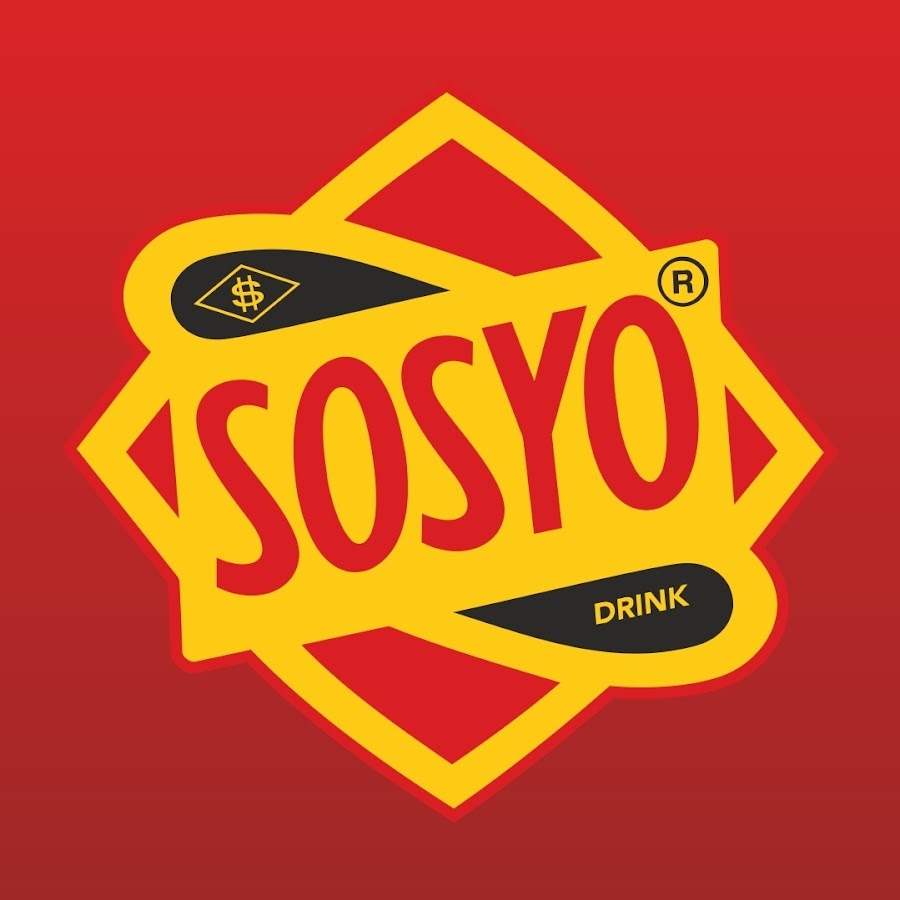Unforgotten Brands: Society Tea

Society Tea understands what customers want and provides just the right blend. They create tea blends for each market to meet their shifting consumption patterns.
Amarshi Bhurabhai Shah, who stowed away to Africa in his youth, eventually returned to India and secured a job in Bombay. He soon left that job to venture into business on his own. In 1915, he founded the tea business “Hiralal Pranjivandas” in Masjid Bunder, Mumbai’s primary tea market. This shop became a hub for traders across Maharashtra, including retailers who bought tea in bulk. Remarkably, this establishment has endured the test of time and remains the only one of its kind still operational in the Masjid Bunder tea market from that era. Amarshibhai’s primary export markets were Iran, Iraq, and the Middle East.
In 1924, Amarshi’s son, Hiralal Shah, began working as a tea wholesaler. By 1933, Hiralal had launched Hasmukhrai & Co., which aimed to serve the local Mumbai market. He opened the first shop in Kalbadevi, and by the late 1980s, Hasmukhrai & Co. had become a leading player in Mumbai’s tea industry. Recognizing the evolving preferences of customers, the company’s management decided in 1991 to transition from loose tea sales to packaged tea, understanding that consumers would find packaged tea more convenient.
Atul Shah, Hiralal’s son, took on the challenge of branding the new product. He launched the tea under the name “Society Tea,” emphasizing consistent taste and quality. Society Tea is produced using meticulously selected tea leaves that are pressed, twisted, and curled to enhance aroma and flavour. The tea can be brewed to various strengths, and a portion of the sales proceeds support social initiatives.
The naming of Society Tea reflects a simple yet profound insight: like a society, the tea transcends age and gender boundaries, catering to a diverse audience. This branding decision helped shift the perception of tea consumption away from being predominantly associated with middle-aged and older individuals, broadening its appeal.

Atul Shah also made a distinctive choice in branding by opting for blue packaging, diverging from the common use of red and green in FMCG advertising. Red, which creates a sense of urgency and stimulates appetite, and green, which promotes nature and peace, were bypassed in favour of blue. Blue, a colour that conveys a sense of security and stimulates productivity, helped Society Tea stand out in the market.
Today, Society Tea has an impressive annual turnover of over Rs 500 crore and has a strong presence across India, including regions such as Goa, Andhra Pradesh, Madhya Pradesh, Karnataka, Tamil Nadu, Punjab, Rajasthan, and Delhi.




1 Comment